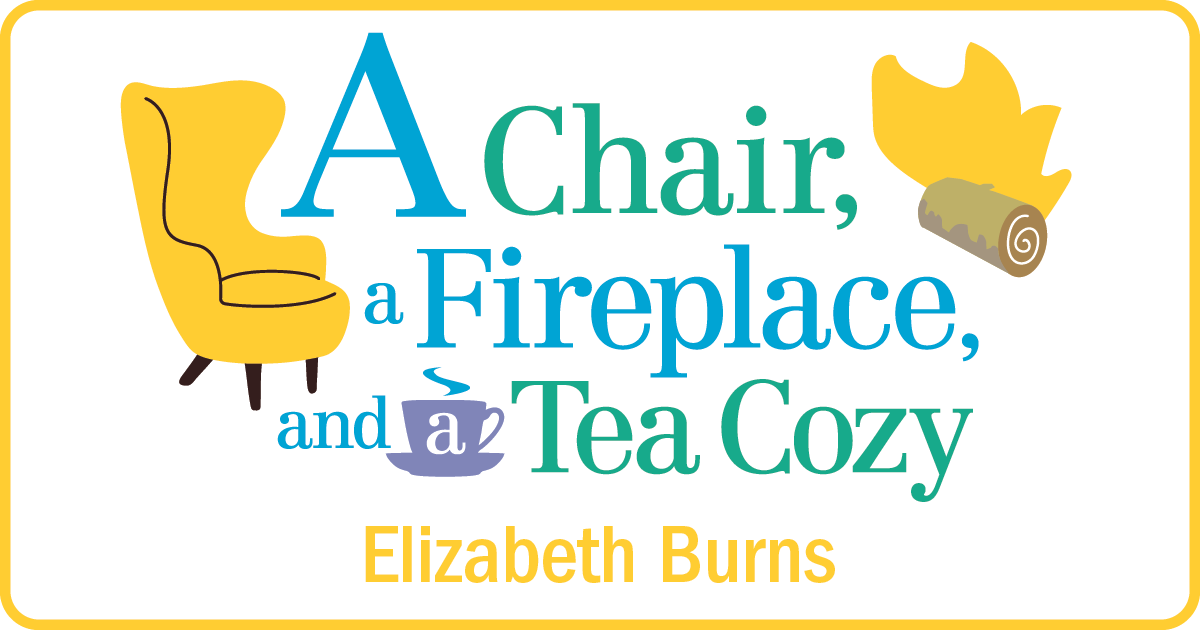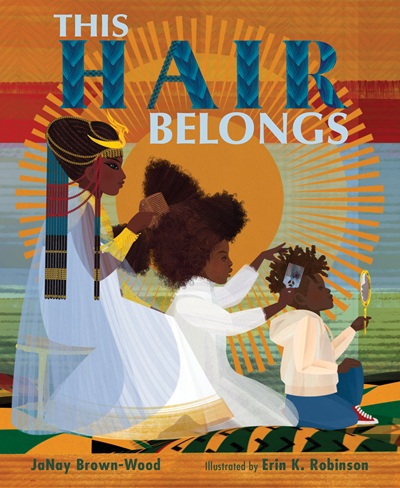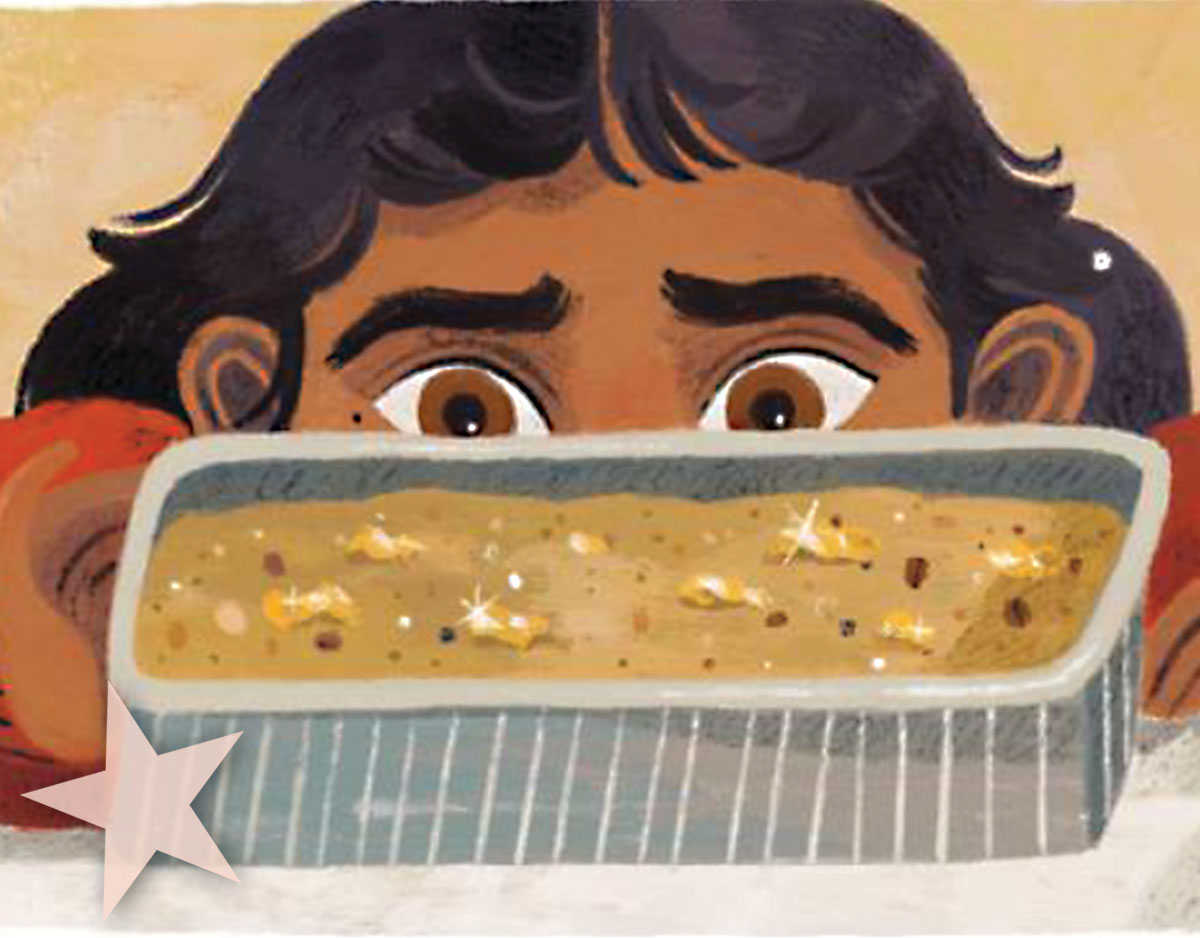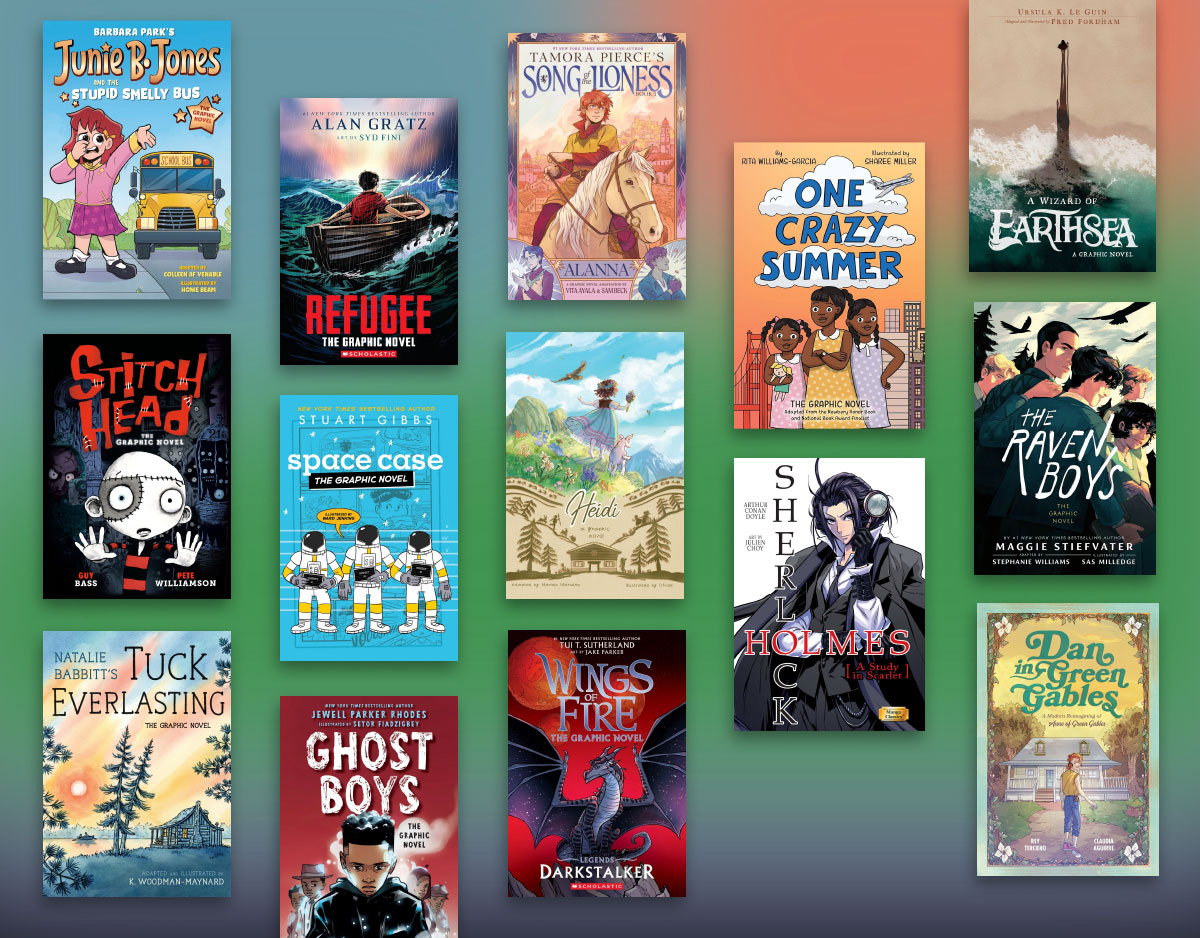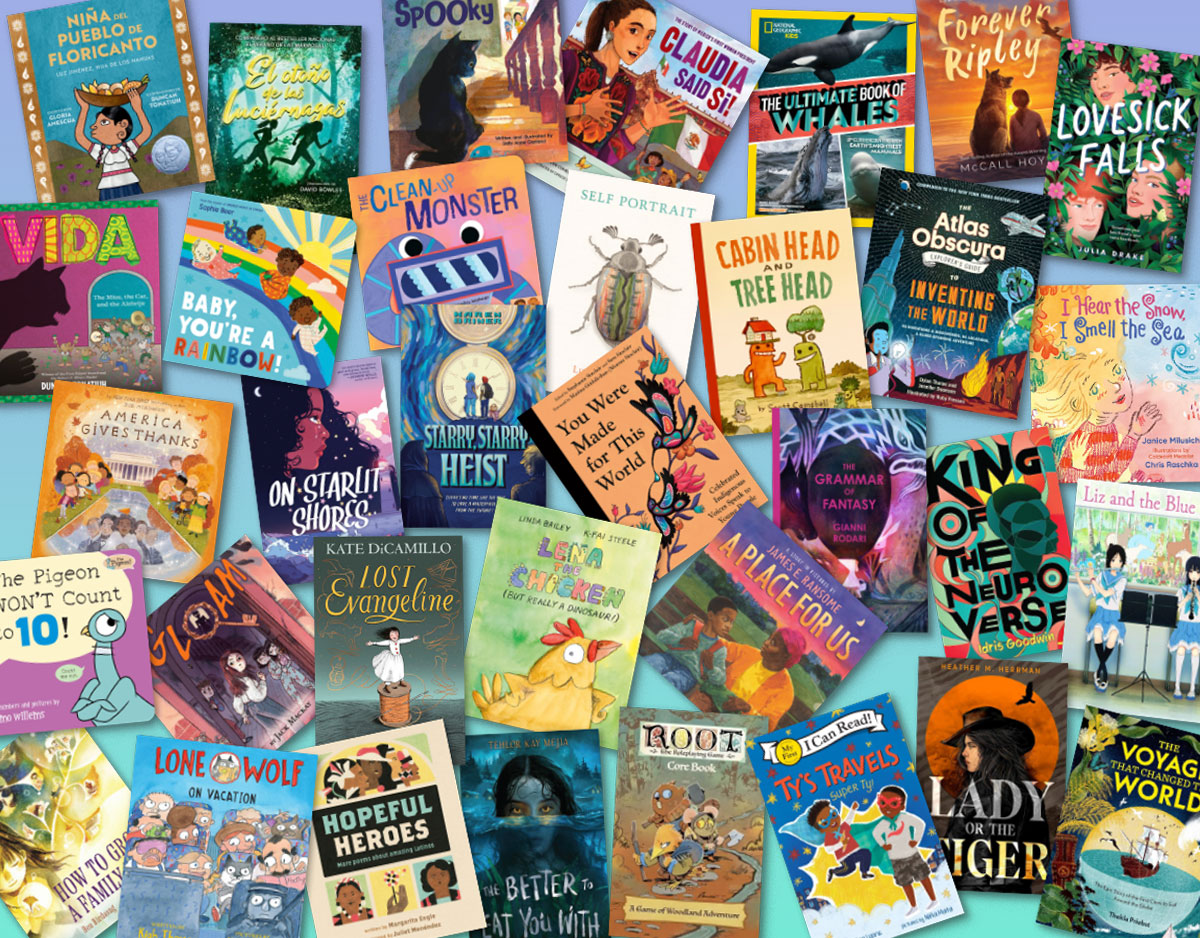SCROLL DOWN TO READ THE POST
New Adult, Where Does It Go?
Now that we’ve figured out a definition for New Adult, what does it mean, really?

OK, maybe a definition is still up in the air and being worked out. (And right now, I’m
I’ll give my short answer up front, and then talk a bit more to explain it.going to assume you read yesterday’s posts and remember who was saying what about New Adult.)
More books? Great. Bring them on: more books about late teens/twenty-somethings, more books set in college or grad school, more books set in the first job(s). More books is good.
ADVERTISEMENT
ADVERTISEMENT
Its own category or genre? So, a section in the library or bookstore? No.
I wish we had one we could all agree on, because without it, it’s tough to discuss the whys of my own reaction.
Part of it is the failure to really have a definition. The New York Times article focusing strictly on books with “significantly more sex,” and while personally I think that’s too narrow, if that were accurate then the question could be along the lines of then does it qualify as a romance? Or adult fiction? That article also only mentioned contemporary titles — does that mean New Adult is only contemporary?
The definition in Bookshelvers Anonymous is broader, and while at first blush seems rooted in contemporary/realistic fiction, the author says “My hope is to one day find NA filled with as much diversity and adventure as YA. I want a twenty-year-old knight fighting dragons and a twenty-six-year-old explorer discovering a new planet and a nineteen-year-old graduate moving away from home for the first time.”
Great! But, I’m pretty sure that there is fantasy and science fiction featuring twenty-somethings already. There are also mysteries, and horror, and other genres. (More on specific titles tomorrow!)
Now — and I think we can agree on this — not enough.
But does it not count, just because it’s in the fantasy, romance, or general fiction section? Does it have to be on one shelf? And I admit part of my “nope” reaction is having so many parents come in looking for books for “four year old boys” or “eleven year old girls” and books and readers just don’t work that way. As librarians and booksellers and teachers and book bloggers and book lovers and readers, we can help people find books, but there really isn’t as simple a solution as “here’s the shelf for your age.”
And quite honestly, I don’t think there should be shelves based on age. One reason is, the serendipity from browsing gets lost and discoveries don’t get made. Another is, books are broader in appeal than that. I, for one, don’t think that books featuring twenty-somethings would appeal just to that age group — the best books are both windows and mirrors, and shouldn’t be labeled and shelved to just be mirrors of experience. Another reason is, why not shelves for other groups or cohorts going through life experiences they view as unique to them?
If the argument is sound for the twenty-something struggling with their place in the world from a twenty-something point of view, why isn’t it sound for the sixty-something coming to terms with retirement, the deaths of friends and families, unique struggles in a bad economy at the end of your working life, etc.?
And my response for the sixty-something is the same: yes to the books; no to it being its own publishing category.
Part of that “yes” is being aware of New Adult type books, even before our patrons ask for it. Let me put it this way: despite the months of discussion about this at book blogs, recently I saw librarians seeing this for the first time. Other than it meaning they haven’t been reading the book blogs, it means that the patrons they work with haven’t been asking for it.
ADVERTISEMENT
ADVERTISEMENT
Patrons not asking for something means — and I’m going to be a bit radical here — NOTHING. Nada. Zip. People don’t always have the “name” of what they’re looking for; and people like to look and find things on their own and if they can’t, trust enough in their own skills to believe it may not exist. So as librarians, we have the often thankless task of creating oxygen: those things that are there that people need and want, without ever seeing it.
In this instance, for New Adult, it means realizing that readers thirst for books about a certain age group so what as librarians do you do to meet that need? Look for them, order them, make sure they are properly cataloged and labelled (not with New Adult, because people may not known it, but with the other elements mentioned in defining New Adult), create booklists and online resources and displays . . . the usual.
What books should be on that list? And where do you find them? That’s for tomorrow!
But, I do want to say this: some of these books will be in Young Adult. Some will be in adult fiction and genres. For years — at least, with myself, my friends, and the teens I’ve worked with in libraries — teens, on their own pace and speed, have gone to the adult shelves and genres and found books. It’s not all or nothing; read a bit YA, read a bit romance, some mystery, back to YA. All rather fluid.
Part of our job — and again, I’m looking at librarians — is, perhaps, to help teens include adult books in their reading, as appropriate to their interests. So, yes, teen librarians need to be aware of adult books (more on that tomorrow) just as adult librarians should know about YA crossover titles. Adult books are not all dreary tales of sad marriages, ungrateful spouses, annoying children, boring jobs and lost dreams. Adult books include twenty-somethings — perhaps more are needed, but ones exist, so it’s our job to not just buy them but assist teens in finding them.
For right now — what are your thoughts on what this means, for publishing and bookstores and libraries?
Filed under: Uncategorized
About Elizabeth Burns
Looking for a place to talk about young adult books? Pull up a chair, have a cup of tea, and let's chat. I am a New Jersey librarian. My opinions do not reflect those of my employer, SLJ, YALSA, or anyone else. On Twitter I'm @LizB; my email is lizzy.burns@gmail.com.
ADVERTISEMENT
SLJ Blog Network
Your 2026 Caldecott Comment Card
Fuse 8 n’ Kate: Moo, Baa, La La La by Sandra Boynton
Love Bullet, vol. 1 | Review
Heavy Medal Reader’s Poll Results
Book Review: The Moon Without Stars by Chanel Miller
The Classroom Bookshelf is Moving
Kelly Yang on Storykind
ADVERTISEMENT
ADVERTISEMENT

